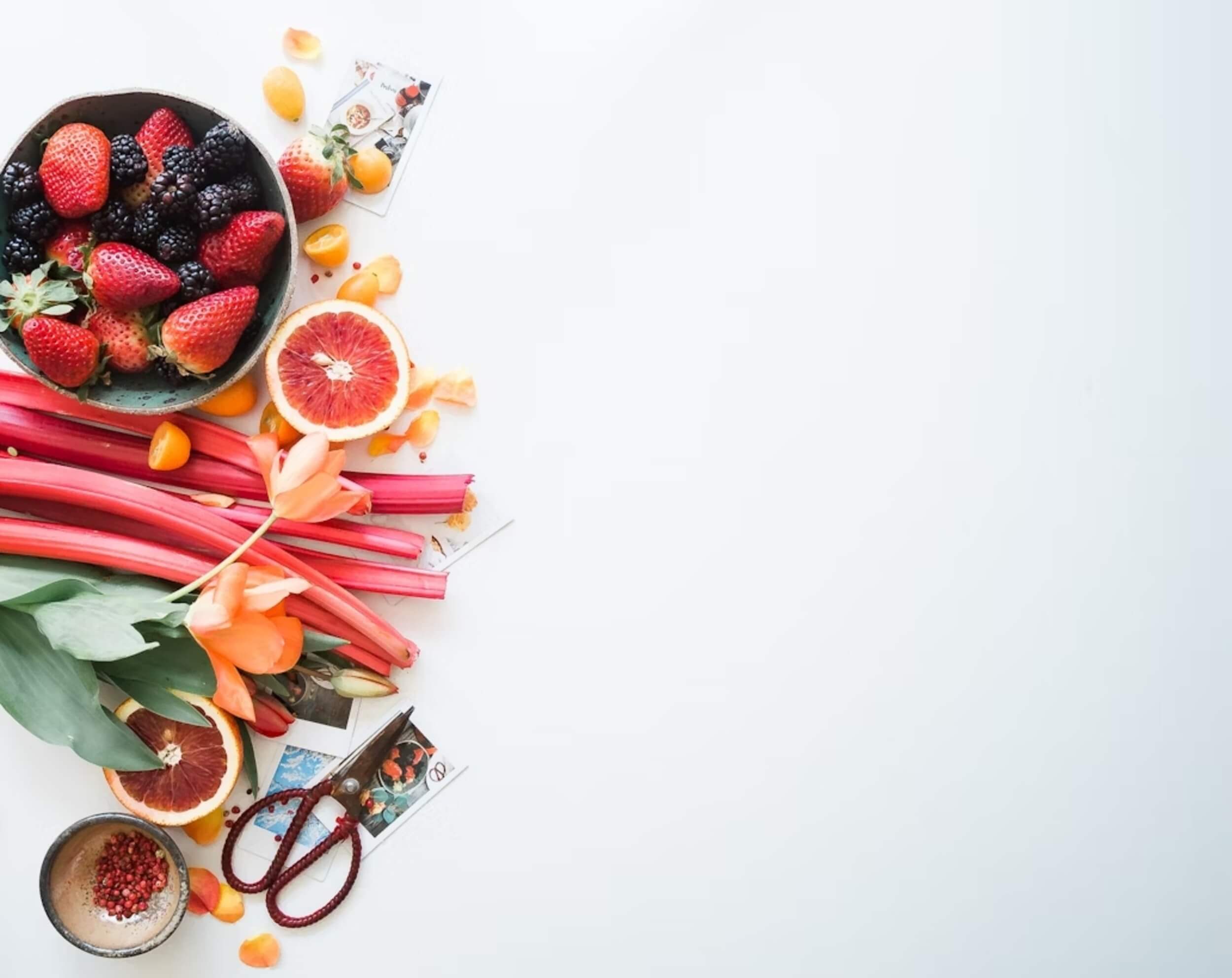When a mother breastfeeds, her body works harder than ever — making food, restoring energy, and caring for a newborn all at once. That’s why eating well during this stage isn’t just helpful; it’s essential. The right balance of food keeps both mother and baby strong, fueled, and healthy every day.
According to the World Health Organization, exclusive breastfeeding for the first six months gives babies the best start in life. But to keep up with this demand, a mother’s body needs steady nourishment. Meals filled with whole grains, fruits, vegetables, and protein-rich foods can make a big difference — not only improving milk quality but also helping the body recover after giving birth.
Good nutrition is one of the most powerful ways to support healthy breastfeeding. In the next sections, we’ll talk about which foods truly help, how much the body needs, and what’s better to limit while nursing. Each small choice adds up to a stronger, more energized you — and a thriving baby.
Building a Balanced Diet for Breastfeeding Moms
Feeding your baby through breastfeeding takes more energy than most people think. It’s your body’s way of producing life’s first food — and that process needs extra fuel. During healthy breastfeeding, mothers need more nutrients than they did during pregnancy to stay energized and keep milk production steady.
Experts say you’ll need about 500 extra calories a day while nursing. That’s not a free pass to eat anything, though — it’s about choosing foods that actually count. Meals filled with rice, vegetables, fruits, eggs, meat, and legumes are the best way to get nutrients naturally. Supplements can help if your doctor recommends them, but food should always come first.
A balanced diet means variety. Try eating colorful foods and mixing grains, proteins, and greens each day. It not only helps your recovery but also keeps your baby’s milk rich and nourishing. Up next, let’s go through the vitamins and minerals that matter most for healthy breastfeeding.
Essential Vitamins for Breastfeeding Health
Getting enough vitamins supports both your recovery and your baby’s growth. Here’s a closer look at the ones that make the biggest difference.
Vitamin A: Supporting Vision and Immunity
Vitamin A helps keep your eyes sharp and your immune system strong. For your baby, it supports healthy vision and protection from infections.
Daily need: 1,000 µgRE
Found in:
- Orange and yellow vegetables like carrots and squash
- Dark leafy greens like spinach and malunggay
- Fruits such as mangoes and sweet potatoes
Vitamin B-Complex: Restoring Energy and Brain Function
The group of B vitamins — B1, B2, B3, B6, B9 (folate), and B12 — helps turn food into energy and keeps your nerves and brain working well. These nutrients also play a role in forming red blood cells and supporting your baby’s brain growth.
Best sources include:
- Eggs, dairy, and fish
- Meat, legumes, and leafy greens
Tip: Follow your local nutrition guide (like PDRI) for exact daily amounts.
Vitamin C: Healing After Birth
Vitamin C is a strong helper in tissue repair after childbirth. It supports wound healing and builds collagen — which strengthens skin and connective tissue.
Daily need: 95 mg
Found in:
- Citrus fruits such as oranges and calamansi
- Guavas, bell peppers, broccoli, and tomatoes
Vitamin D: Building Strong Bones
Vitamin D works hand in hand with calcium to keep bones strong — for both you and your baby. It also helps your body absorb calcium better.
Daily need: 5 µg
Found in:
- Fatty fish like salmon or sardines
- Fortified milk
- Gentle exposure to early morning sunlight
Vitamin E: Protecting Cells and Skin Health
This vitamin guards your body’s cells from damage and helps your skin heal after pregnancy. It’s also passed through breast milk to help your baby’s cells grow healthy.
Daily need: 14 mg
Found in:
- Almonds, sunflower seeds, and spinach
- Vegetable oils and leafy greens

Key Minerals and Nutrients for Milk Production and Recovery
Aside from vitamins, your body also needs minerals to stay strong and support milk supply during healthy breastfeeding.
Protein: Repair and Growth Fuel
Protein is your body’s building block. It repairs tissues, supports hormones, and helps make milk.
Daily need: 89 g
Found in:
- Chicken, eggs, tofu
- Lentils, dairy, and beans
Calcium: Protecting Bone Health
Calcium keeps your bones strong while your body gives nutrients to your baby. Getting enough prevents your body from pulling calcium out of your bones.
Daily need: 750 mg
Found in:
- Milk, cheese, and yogurt
- Malunggay, sardines, and fortified milk alternatives
Iron: Recharging Energy After Birth
After giving birth, many moms feel drained because of blood loss. Iron helps your body make red blood cells and keeps your energy up.
Daily need: 30 mg
Found in:
- Red meat and poultry
- Beans and fortified cereals
Tip: Eat these with vitamin C-rich foods for better absorption.
Iodine: Essential for Brain Development
Iodine is key to thyroid health and brain growth in babies. It’s one of the nutrients that directly affects your child’s mental development.
Daily need: 250 µg
Found in:
- Iodized salt, fish, eggs, and dairy
Choline: Cognitive Development Nutrient
Choline helps with brain and memory functions in both mother and baby. It’s often overlooked but plays a vital role in early growth.
Daily need: 550 mg
Found in:
- Eggs, liver, and legumes
Hydration and Fluids for Breastfeeding
Breast milk is made up of mostly water — around 87% — so staying hydrated is non-negotiable. Drink water throughout the day, especially before or after each feeding.
To make hydration more interesting:
- Try warm soups and clear broths
- Add sliced fruits to your water for flavor
- Limit sodas and sweetened drinks
A simple habit like drinking a glass of water every time you nurse supports healthy breastfeeding and prevents fatigue.
Foods That Support Milk Supply
Some foods, often called galactagogues, may naturally support milk flow and volume.
Try adding these to your meals:
- Oats and barley – steady energy and milk flow support
- Fenugreek seeds and malunggay leaves – known traditional boosters
- Papaya and sesame seeds – rich in nutrients that nourish both mother and baby
Still, the most important factor is balance. No single food can replace rest, hydration, and overall good nutrition.
Foods and Drinks to Limit While Breastfeeding
Almost all foods are safe, but a few need a little care. Moderation helps ensure healthy breastfeeding and a happy baby.
1. High-Mercury Fish
Avoid shark, swordfish, and king mackerel. Choose low-mercury fish like sardines, salmon, and bangus instead.
2. Caffeine
Keep coffee or tea to about 2–3 cups daily. Too much may make your baby fussy or restless.
3. Alcohol
If you choose to drink, wait at least two hours before breastfeeding again.
4. Ultra-Processed Foods
Limit chips, instant noodles, and sugary drinks — they fill you up but don’t give real nutrients.
Sample Daily Plate for a Breastfeeding Mom
Here’s a quick idea of how a balanced day might look:
- Breakfast: Oatmeal with milk, banana, and a boiled egg
- Lunch: Grilled chicken, brown rice, sautéed malunggay leaves
- Snack: Yogurt with mango slices and nuts
- Dinner: Fish soup with vegetables and a glass of fortified milk
Aim for color and variety — the more colorful your plate, the better the nutrition. Regular meals also keep energy levels stable throughout the day.
Simple Tips for Easier Healthy Eating
- Prepare meals in advance or cook in bigger batches.
- Keep ready-to-eat snacks like boiled eggs, fruits, or nuts nearby.
- Drink water every time you breastfeed.
- Ask your family for help with grocery runs or meal prep — it makes a big difference.
- Listen to your hunger cues. Your body will tell you when it needs fuel.
Final Thoughts on Nutrition Tips for Healthy Breastfeeding
Caring for a newborn takes strength — and that strength starts with nutrition. Eating well supports recovery, improves mood, and keeps milk quality strong. Every healthy choice, big or small, helps your baby grow and keeps you feeling your best.
Every bite you take matters. Keep your meals simple, colorful, and nourishing — because healthy breastfeeding begins with taking care of yourself first.














